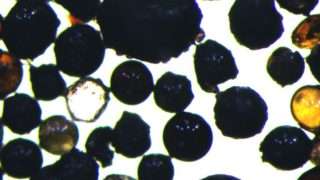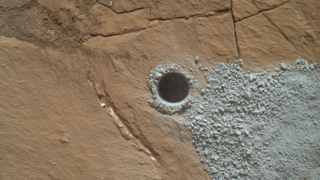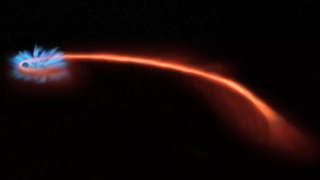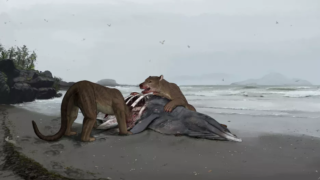
MI weekly selection #482
Climate change boosted hurricane rainfall Using the scientifically-accepted attribution technique they developed and shared earlier this year, a pair of researchers have released a subsequent study finding climate changes has led to at least 10% more rainfall during Hurricane Ian, which struck the US this week, than in a world without excess greenhouse gases trapping […]








